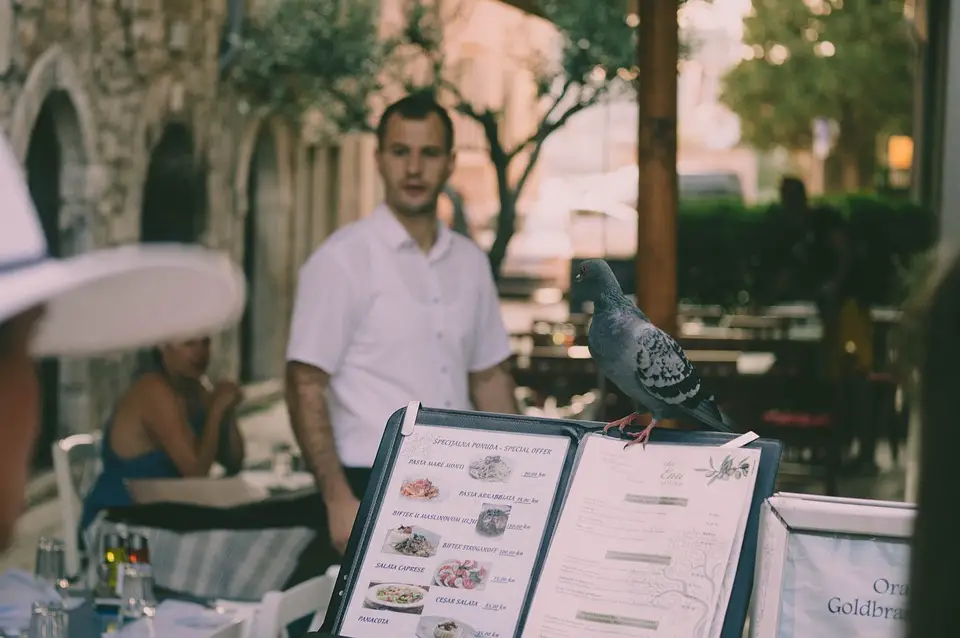As Novac/Jozo Vrdoljak writes, after many Croatian hospitality and catering establishments were forced to shut their doors on November the 30th last year, a breath of fresh air came in the form of the news that as of September the 1st, with special epidemiological measures, they were able to receive guests again in the closed-off parts of their facilities.
The opening hours of bars and discos remained until midnight, and the direct consequence of the closure of Croatian hospitality and catering establishments with great difficulties and a drop in traffic, is most evident through the number of 1100 permanently closed establishments. It is assumed that these are mainly trade owners who closed their facilities for fear of foreclosure on their properties.
The decision to open up Croatian hospitality and catering establishments surprised many people, but it was certainly welcomed by their owners. However, measures and grants have been being negotiated and looked at again over recent days, with many people needing to wave goodbye to government help.
Bars on the Adriatic coast worked the season with a drop in traffic of 10 percent, and those on the continent with a drop of 23 percent. The realised amounts during the season in restaurants in the amount of two thirds fall on those down on the Adriatic, while in bars this ratio is three quarters in favour of those on the Adriatic.
When you look at the drop in traffic from February to May – it was 38 percent for restaurants and 62 percent for bars. According to the currently available data, there are about 35,000 Croatian hospitality and catering establishments across the country, of which about 55 percent are just bars. It has been estimated that about 7,000 such establishments don’t have a terrace at all, so they couldn’t operate.
Support in the amount of 4,000 kuna per employee is given to Croatian hospitality and catering establishment owners who had experienced a drop in turnover of over 60 percent, those who had a drop in the amount of 50 percent who received support in the amount of 3,000 kuna, while those with a drop in turnover of 40 percent received 2,000 kuna. Having 70 percent of their employees vaccinated against COVID-19 was also a condition.
Jelena Tabak, president of the National Association of Caterers, noted that the season will mean little to nothing if Croatian hospitality and catering establishment owners aren’t allowed to work until the very end and without any restrictions.
”Even though they can work now, not all establishments will just open and start working normally straight away. It’s impossible to just start to work at full capacity after not working for nine months. On that note, it would be proper for the state subsidies to remain in place in the hospitality sector as well, because our sector has been seriously affected by the coronavirus crisis. In addition, people’s habits have changed and now a large number of people are actively avoiding being in enclosed spaces.
As such, there are still serious limitations to the operation of Croatian hospitality and catering establishments. For example, four square metres per guest limits the work of these places quite a lot. Some of them, however, still managed to do great job this season, but there are a large number who didn’t,” explained Jelena Tabak, who admitted that the general situation is still much better in Croatia than in some other countries.
Tabak explained that the financial growth of the income of Croatian hospitality and catering establishments is partly due to a significant rise in prices.
“It’s true that some establishments have done very well this season, but cumulatively the hospitality sector is recording a serious drop in turnover. The fact is that our colleagues on the continent are in a very difficult situation, and now comes the period when even those on the Adriatic will have reduced income. What follows now is a period in which we won’t have a significant number of tourists, but we’ll still generate some income thanks to Croatian guests.
The problem is also that Croatian hospitality and catering establishments can’t organise parties, so they can’t create an atmosphere that will attract guests. Hospitality rests on social interaction. A restaurant does well if it creates an atmosphere and attracts guests, and owners have been deprived of that due to the measures,” explained Tabak.
For more, make sure to check out our dedicated business section.








